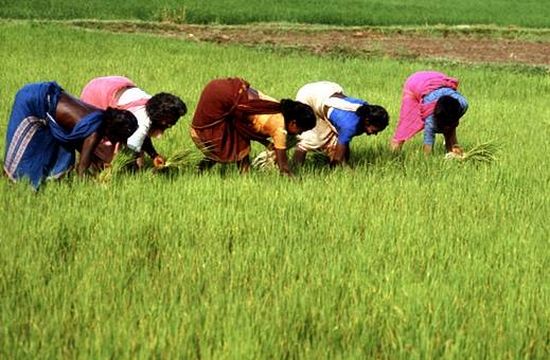
India presents a peculiar picture of greenhouse gas emission. India’s total carbon dioxide emission is fourth largest in the world after United States, China and Russia but its per capita level of emission at 1.2 tons annually is much lower than the average global per capita emission level at 4 tons and nearly twenty times less than the emission level in USA. This paradox is simply a reflection of the country’s economic disparity. Large cities with unending construction of high rises, escalating use of electronic gadgets and cars have increased the carbon dioxide emission level in the Indian metros.
However, 700,000 Indians still do not have access to electricity and depend largely on animal dung and firewood for fuel. As a result, despite of representing 17% of the world population, India contributes to only 4.6% of the global greenhouse gas.
The low level of per capita emission of greenhouse gas has made the Indian administration reluctant to implement any concrete climate change policy. The rise in economic activities is however increasing India’s contribution to global warming. India is apprehensive that adherence to any strict emission norm would hinder its economic progress further aggravating the economic disparity that already prevails in the country. It will also halt India’s efforts of spreading industrialization to every nook and corner of the country.
The Indian government is not completely oblivious of the importance of curtailing greenhouse gas emission. The ministry of earth sciences is formulating a plan to involve scientists from all over India in a concerted effort to address the issue. The Ministry of Science and Technology has sought a five times increase in funding of R&D programs focusing on climate change in the 11th Five Year Plan. The ministry is also working on a proposal to set up an institute of environmental technologies that would develop techniques to mitigate adverse climate changes. In India, agriculture would be most vulnerable to climate change. Keeping this in mind the Indian administration needs to act fast to save its people and crops from the ill effects of global warming.
Source: SF Gate
Image: thesietech




